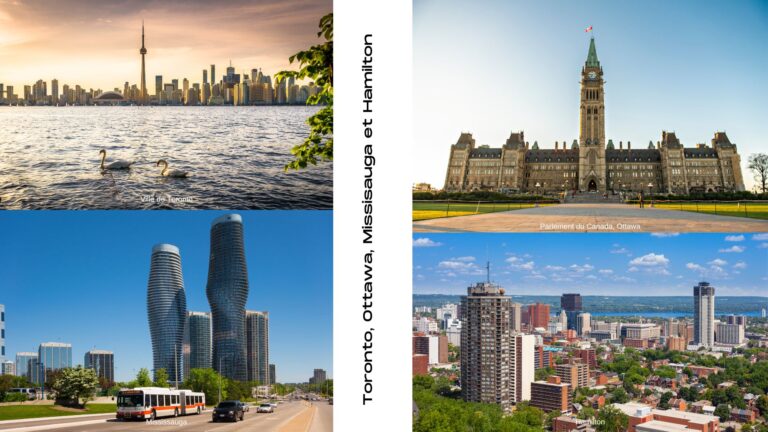International couples: Is this a barrier to immigration to Canada?

Immigration to Canada is an attractive prospect for many people around the world. However, for couples living abroad, a number of challenges can make the process more complex. This article explores the various difficulties these couples may face when considering moving to Canada, and the implications for their immigration journey.
The importance of stability in the immigration process
For many couples, the immigration process relies on a certain stability, whether financial, familial or emotional. Canadian authorities place great emphasis on the ability of applicants to integrate economically and socially. But international couples can sometimes lack this stability.
Often living in different countries for professional, academic or personal reasons, these couples have to overcome several obstacles such as :
Geographical distance
One of the first challenges is distance. Couples have to manage their relationship while physically separated, sometimes for months or years at a time, which can cause emotional strain.
Cultural and administrative differences
Living in several countries often involves navigating different legislations and cultures, which can slow down the decision-making process when it comes to choosing a country to settle in.
The administrative and legal challenges of international life
International couples are faced with complex administrative procedures. Not only do they have to prove the solidity of their relationship, but they also have to deal with legal issues relating to their respective countries of residence. The main difficulties encountered include :
Proof of long-distance relationship
As part of their immigration application, couples must provide evidence of their relationship (photos, correspondence, trips together, etc.). For long-distance couples, it is often difficult to provide such proof, especially if both partners have jobs that require them to travel frequently.
Processing requests from several countries
When partners live in different countries, this complicates the filing of their case. Each country has its own rules concerning immigration files, and it can be difficult to coordinate procedures from multiple jurisdictions.
Document synchronization
Document processing times can vary depending on the country from which the application originates. Sometimes, documents can become outdated due to long delays, forcing applicants to start all over again.
Emotional and psychological obstacles for international couples
Emotional stress is often underestimated in the immigration process. International couples, sometimes separated by thousands of kilometers, have to juggle their day-to-day responsibilities with the psychological weight of distance. This stress can affect their motivation and their ability to prepare their immigration file.
What's more, immigration is often perceived as a long and uncertain process, adding further pressure. Couples not only have to manage their relationship, but also anticipate their future in a new country with different rules and customs. This can cause conflict and doubt, making the decision more difficult to make.
Potential benefits of immigrating to Canada
Despite these challenges, living abroad also has its advantages when it comes to immigrating to Canada. Indeed, these couples have often developed great flexibility and adaptability, skills that are highly sought-after by Canadian employers. What's more, their experience of living in different countries can help them better integrate into a multicultural society like Canada's.
Here are some positive aspects of this situation:
Cultural adaptability
Having lived in several countries makes it easier for couples to adapt to new cultural and social norms. This is a major asset in the process of integrating into Canada, a country known for its diversity.
International experience
Canadian employers value candidates with professional or academic experience abroad. This can be an asset when looking for a job in Canada.
International networks
Couples who have lived abroad often have professional and personal networks in different countries. These connections can prove useful for their settlement and integration in Canada.
Conclusion: a hindrance or an opportunity?
In conclusion, living abroad can be both a hindrance and an opportunity for couples wishing to immigrate to Canada. Administrative, legal and emotional challenges can make the process more complicated, but these obstacles are not insurmountable. By developing coping strategies and leveraging their international skills, these couples can turn this situation into a valuable asset for their future in Canada.
Immigration is a project that requires time, preparation and a great deal of determination, but for couples living abroad, it can also be a unique opportunity to reinvent their future together in a new country.






